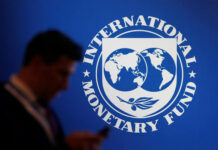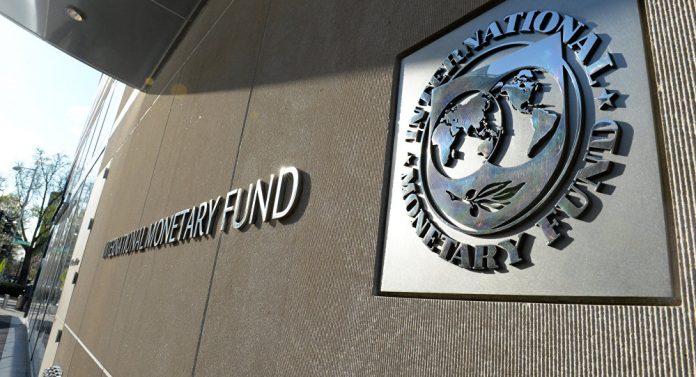LAHORE: The International Monetary Fund (IMF), recently published its Post-Programme Monitoring report after the completion of First Post-Programme Monitoring Discussions on March 5.
According to the report, economic growth which could reach 5.6 percent this fiscal year within a favourable inflation environment, has continued to strengthen due to improved energy supply, investment related to the China-Pakistan Economic Corridor (CPEC), strong credit growth, and continued investor and consumer confidence.
However, this growth outlook has been put at risk due to erosion in macroeconomic gains achieved during 2013–16. “The current account deficit has been quickly widening, reflecting strong domestic demand amid an overvalued exchange rate, fiscal slippages, and an accommodative monetary policy stance,” read the report. The current account deficit has increased by more than 2 per cent of GDP (to 4 percent of GDP) in FY2016-17, albeit at a decelerating pace.
Due to this, the foreign exchange reserves have declined, reaching 2.3 months of imports as of mid-February 2018 and net international reserves have declined from $7.5 billion at the end of the EFF to negative $0.7 billion in mid-February 2018.
On the other hand, Pakistan’s capacity to repay the fund in the medium term is at risk. External financing needs are expected to double in the medium term due to increased current account deficit and increased external obligations which are expected to take a further toll on foreign exchange reserves.
According to the IMF, policy efforts need to focus on arresting the widening imbalances, preserving macroeconomic stability, and supporting private-sector-led inclusive growth. The tightened monetary policy and recent exchange rate adjustments need to be complemented with continued exchange rate flexibility to safeguard external buffers. Furthermore, efforts should also be made to contain losses in public enterprises, suggested the IMF.
“Careful phasing in of new external liabilities, resuming medium-term fiscal consolidation, and accelerating other growth-supporting structural reforms will be critical to reinforce macroeconomic stability and promote higher and more inclusive growth,” the report further suggested.

























“Aur Nikalo Nawaz Shareef Ko”